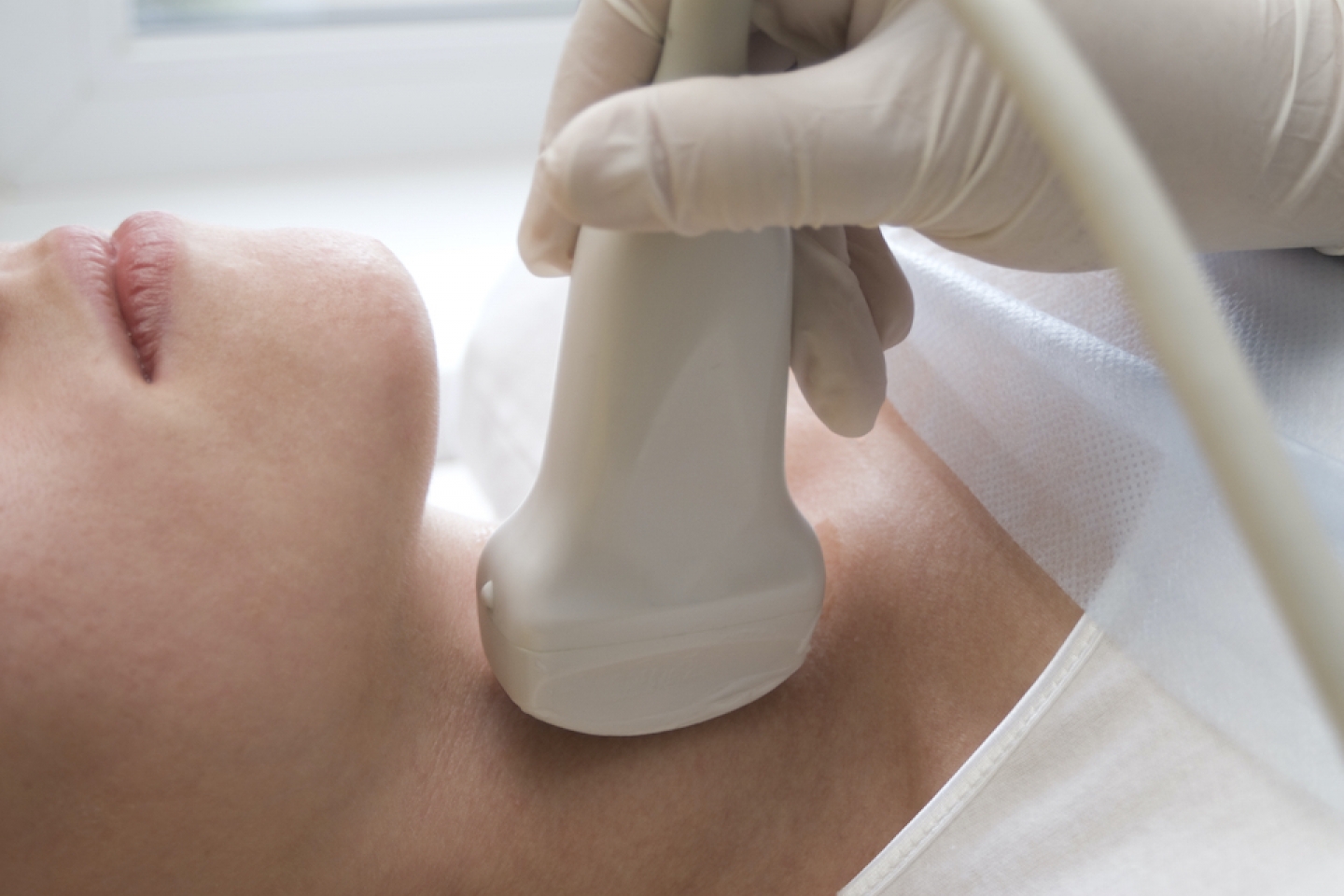Thyroid problems are a common condition that can affect people of all ages. The thyroid is a small gland located in the neck that produces hormones that regulate the body’s metabolism. When the thyroid gland is not functioning properly, it can lead to a variety of symptoms and complications.
The most common symptoms of thyroid problems include fatigue, weight gain or loss, changes in appetite, hair loss, and changes in skin and nails. Some people may also experience cold intolerance, constipation, or muscle and joint pain. In addition, women may experience irregular periods or difficulty getting pregnant.
There are two main types of thyroid problems: hypothyroidism and hyperthyroidism. Hypothyroidism is a condition in which the thyroid gland is not producing enough hormones. This can lead to symptoms such as fatigue, weight gain, and cold intolerance. Hyperthyroidism is a condition in which the thyroid gland is producing too many hormones. This can lead to symptoms such as weight loss, rapid heartbeat, and heat intolerance.
The treatment for thyroid problems depends on the type of problem and the severity of the symptoms. For hypothyroidism, treatment typically involves taking a daily dose of thyroid hormone replacement medication. This medication is usually taken in the form of a pill and is designed to replace the hormones that the thyroid gland is not producing.
For hyperthyroidism, treatment options include medication to block the production of thyroid hormones, radioactive iodine treatment to shrink the thyroid gland, and surgery to remove the thyroid gland.
In addition to medication, lifestyle changes can also help manage thyroid problems. Eating a healthy diet that is rich in fruits, vegetables, and lean protein can help support the thyroid gland and improve overall health. Regular exercise can also help improve energy levels and reduce symptoms of fatigue.
It’s also essential to work with a healthcare professional, who can monitor your condition, check your hormone levels and adjust your treatment accordingly.
In conclusion, thyroid problems can cause a variety of symptoms and complications, and the treatment will depend on the type of problem and the severity of the symptoms. Thyroid hormone replacement medication is the most common treatment for hypothyroidism, while hyperthyroidism is treated with medications, radioactive iodine treatment, and surgery. Lifestyle changes such as eating a healthy diet, regular exercise and working with a healthcare professional can also help manage thyroid problems.

 Home
Home Health
Health Diet & Nutrition
Diet & Nutrition Living Well
Living Well More
More












